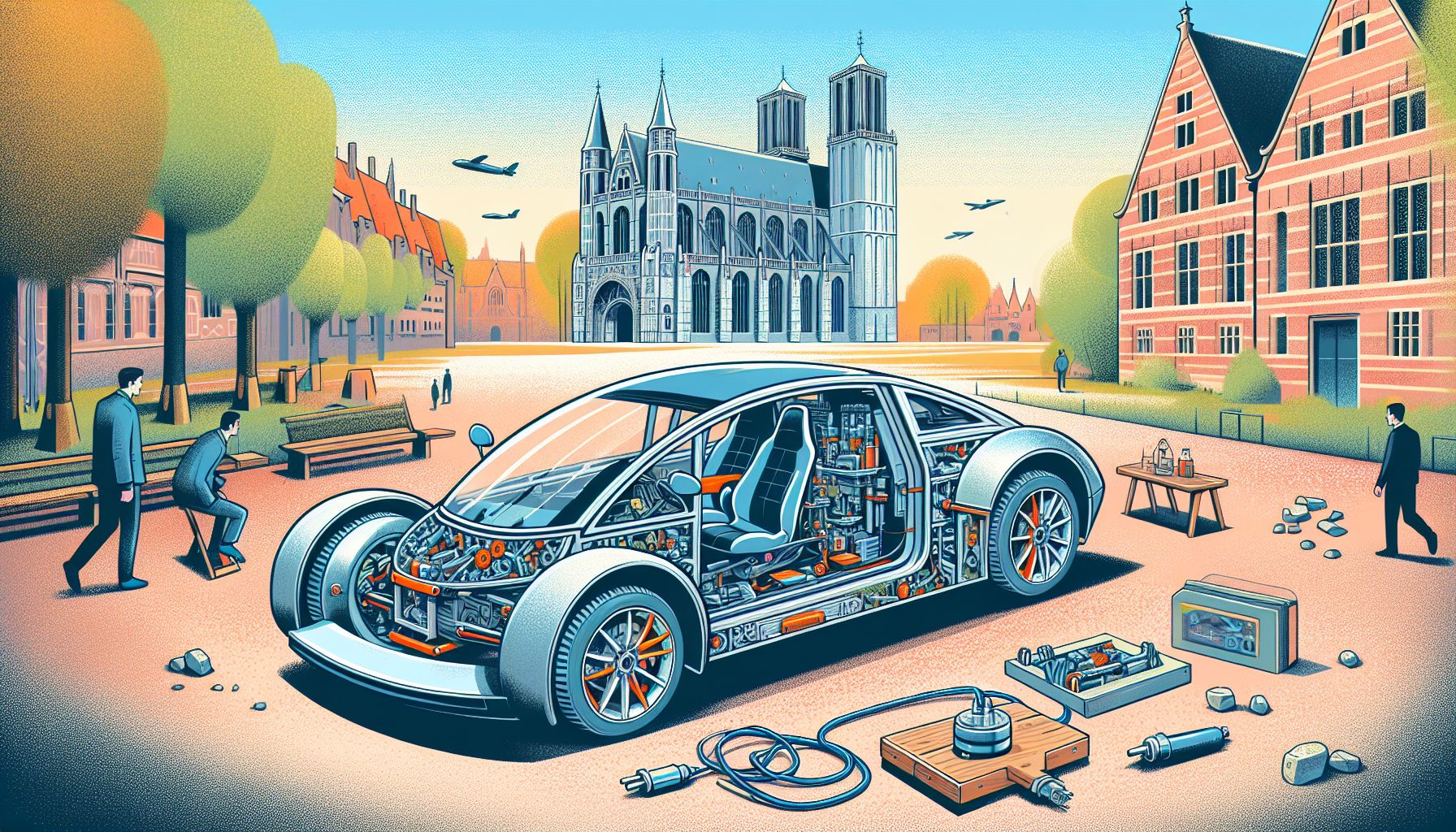TU Delft Students' Hydrogen Car Cleared for Public Road Use

TU Delft students’ self-built hydrogen car has been approved for public roads by the Dutch Road Transport Directorate (RDW), marking a significant step in eco-friendly automotive engineering.
A Milestone in Hydrogen Technology
The self-built hydrogen car by TU Delft students represents a significant milestone in hydrogen technology and sustainable transportation. The vehicle, part of the Eco-Runner team’s ongoing project, is now officially licensed for use on public roads. Isabel Zijlmans, a member of the Eco-Runner team, expressed pride in receiving an official license plate from RDW, underscoring the importance of this achievement for their future plans[1].
Technical Specifications and Achievements
The Eco-Runner XIV, the latest model from the TU Delft team, is designed to travel an impressive 2056 kilometers on just 1.45 kilograms of hydrogen. This ambitious target significantly exceeds the current record of 1360 kilometers held by Toyota[2]. The team has a history of setting world records, but this is the first time their hydrogen vehicle has been cleared for public road use, marking a new chapter in their journey towards sustainable transportation.
Rigorous Testing Process
The approval from RDW came after a series of rigorous tests. The vehicle had to demonstrate its braking capabilities under various conditions, including scenarios where only the front or rear wheels were operational. This required temporary modifications to the braking system, a challenge the students managed to overcome successfully[1]. Team member Nico Datema, responsible for the certification process, noted that some of the tests initially considered necessary were deemed irrelevant, speeding up the approval process[2].
Future Plans and Record Attempt
Looking ahead, the Eco-Runner team is preparing for a world record attempt set for Monday, 17 June 2024. They plan to drive their hydrogen car through the eleven cities of Friesland, showcasing the vehicle’s efficiency and safety on public roads. This attempt not only aims to set a new record but also to demonstrate the viability of hydrogen as a sustainable fuel alternative in real-world conditions[1].
Broader Implications for Hydrogen Vehicles
This achievement by the TU Delft students aligns with broader trends in the automotive industry towards hydrogen fuel technology. Major automakers like Toyota and BMW are also investing in hydrogen-powered vehicles, recognizing their potential for long-range and quick refueling capabilities[3][4]. Toyota, for instance, has recently extended the range of its liquid hydrogen engine cars by 50% through tank redesigns, while BMW has received significant EU funding to support its hydrogen projects[4][5]. These developments indicate a growing commitment to hydrogen technology as part of the global push towards carbon neutrality.

